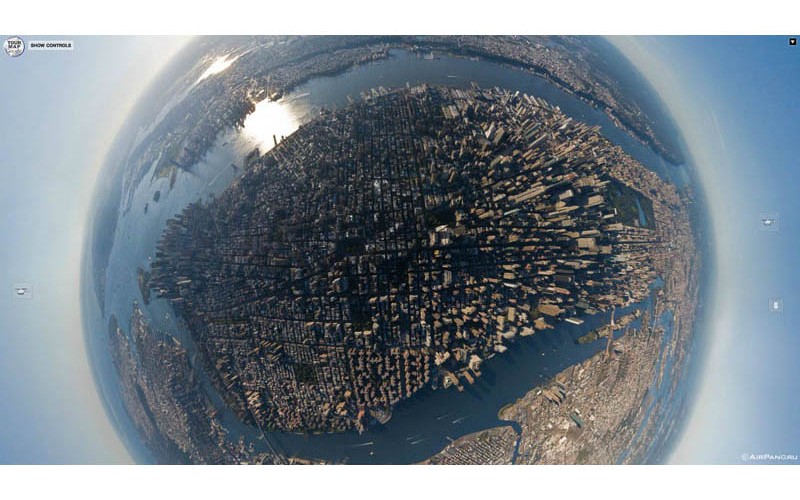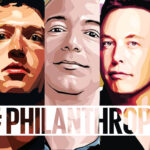When we think about the future of humanity and the forces of change impacting wealth, knowledge creation and economics, it is cities that lead the way. Cities are the economic drivers of change, not countries. They are islands surrounded by rural hinterlands. They increasingly draw wealth, not just financial but also intellectual, from not the local hinterland but from places further away. They are magnets continually getting stronger, pulling more and more of the world’s population into them.
When we think of world cities today, which ones come to mind?
New York, London, Paris, Hong Kong, Berlin, Beijing, Shanghai, Moscow, Mumbai, Sao Paulo, Sydney, Singapore….these are the places that are on my list. They dominate the countries and regions in which they are located. New York and London are the banking and financial centres of the world. Berlin is the geopolitical centre of the European Union. Hong Kong is the Asian equivalent of New York and London. Beijing and Shanghai are the urban giants of China. Tokyo and Osaka are Japan’s urban megacities. Singapore is both a city and a nation, a centre of innovation and influence for all of Southeast Asia. Moscow is the geopolitical centre of the Russian nation. And Sao Paulo and Sydney are the economic epicenters of Brazil and Australia respectively.
What should be the measure of a global city? What defines it? Well according to surveys about cities, their power and influence in the 21st century, the following are key attributes that define urban success on a global scale:
- economic muscle
- educational infrastructure and the levels of education achieved by citizens
- transportation infrastructure
- adequate affordable housing
- environmental infrastructure for water, waste, and power management
- international access
- healthcare infrastructure
- arts and culture
- diverse population
- social stability
- freedom of speech and a free press
- safe haven for capital
- stable political climate
- levels of personal security and safety
- green space
- connectivity
So from my list of world cities the following contenders remain based on the above criteria. They are:
- New York
- London
- Paris
- Berlin
- Singapore
- Sydney
- Sao Paulo
- Hong Kong
- Tokyo
- Osaka
Beijing, Shanghai and Moscow don’t make the cut because their societies fail to meet the last six criteria on the list. And Mumbai doesn’t make the grade either because of its struggles with housing, transportation and security.
What The List Will Look Like in 2050
The Developing World will with certainty alter the balance of the world economy by 2050 and no doubt, the cities within that sphere will assume increasing influence. Of our ten leading cities which ones will remain and which ones will fall from the list?
As Europe’s population ages and as its cities fail to become magnets for diverse populations from around the world, Paris and Berlin may no longer qualify. The same cannot be said for New York and London, two of the most diverse cities on the planet. Sydney as well may disappear from the list as Australia increasingly restricts immigration from its South Asian hinterland.
So here is my top 10 forecast for world cities in 2050.
- New York
- Shanghai
- London
- Singapore
- Sao Paulo
- Beijing
- Taipei
- Seoul
- Mumbai
- Toronto
Name your contenders and then let’s compare lists and criteria.

















